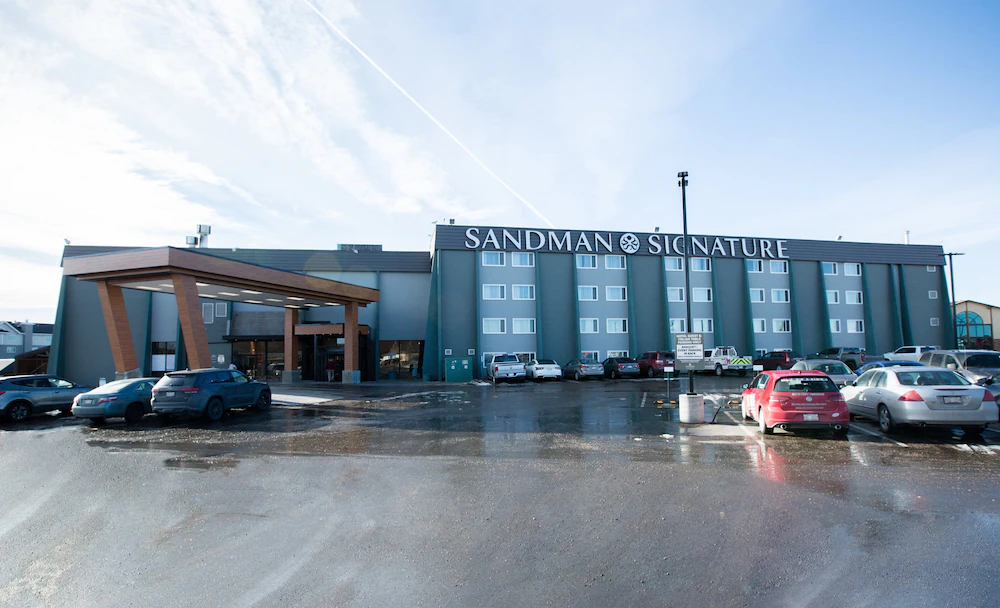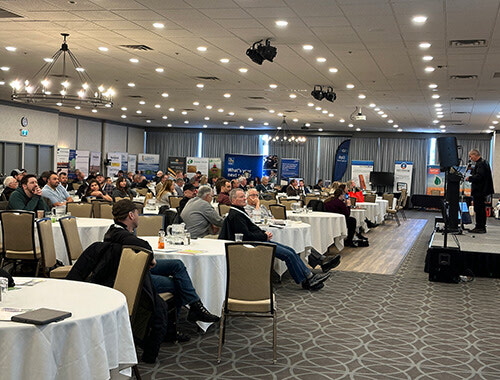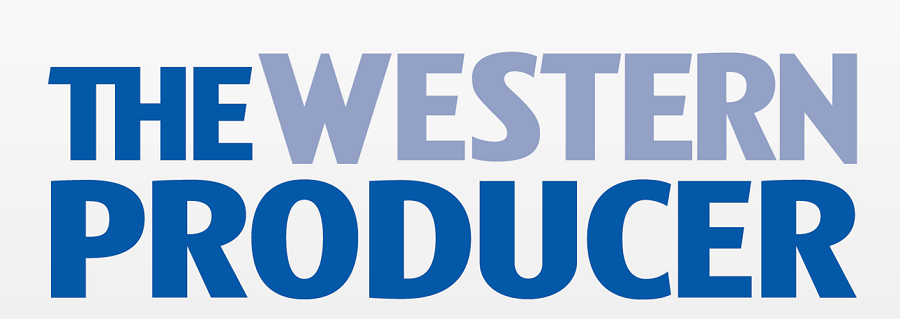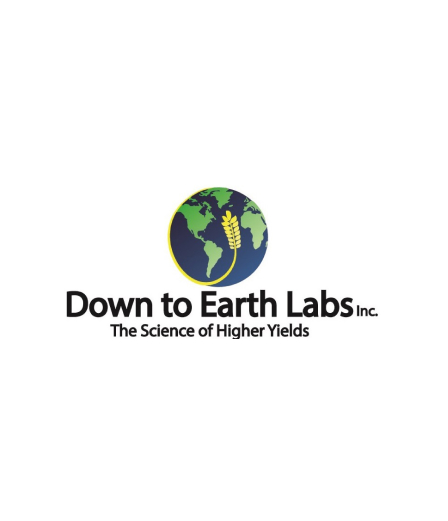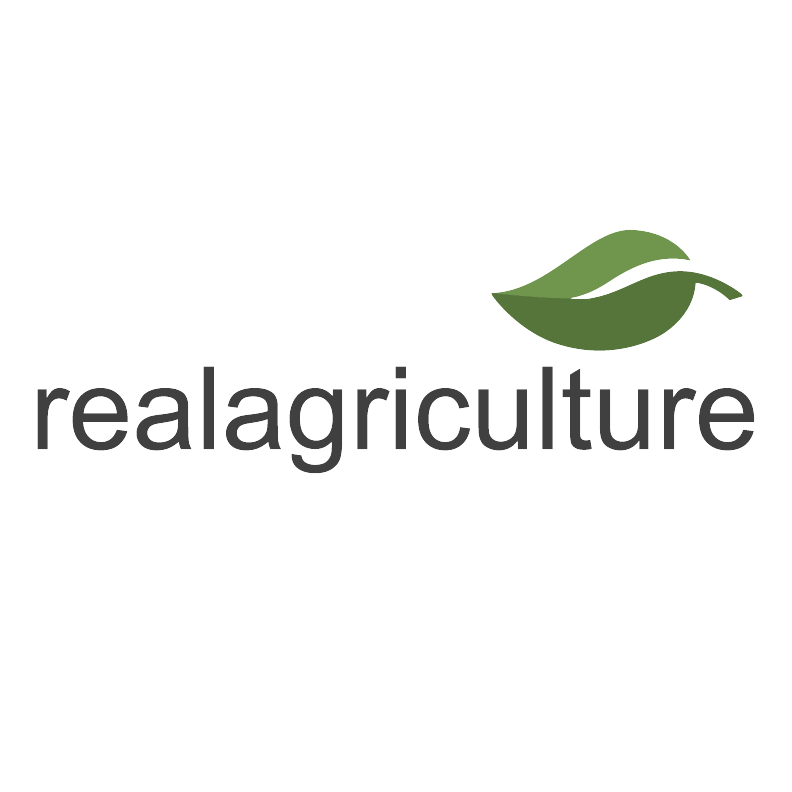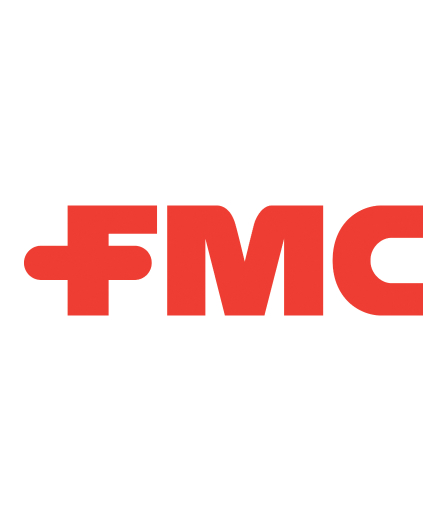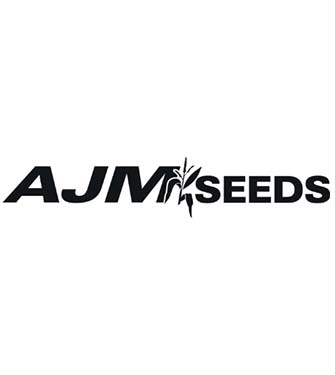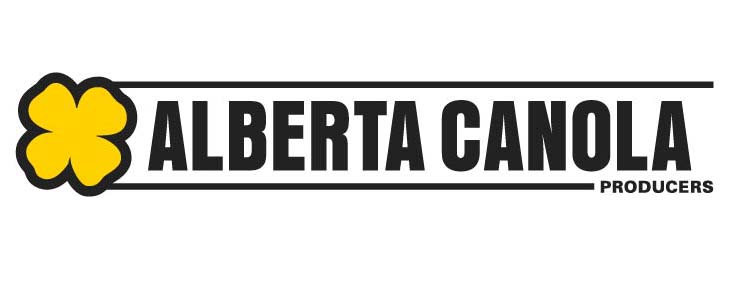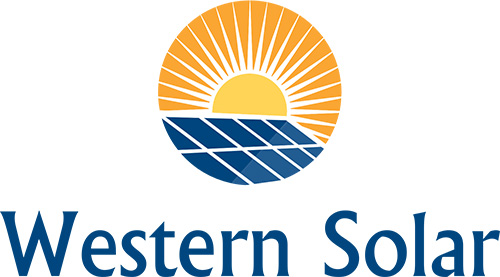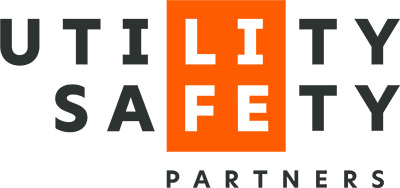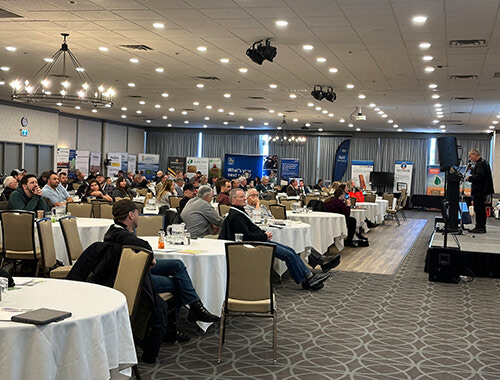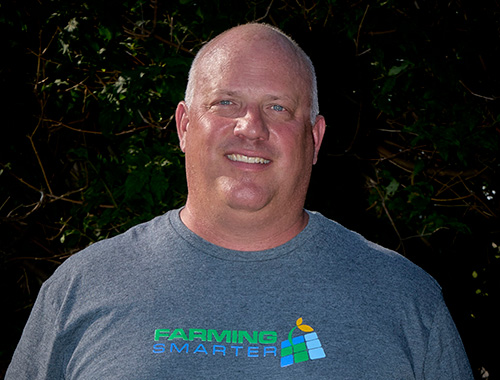
|
Ken Coles, Back to the Futurists: Discovering the Direction of Agronomy and Future Research
Ken Coles takes the conference stage to take us Back to the Futurists and share his perception of the current direction of agronomy & the paths to success for future research.
Farming Smarter's intrepid Executive Director, Ken Coles, works closely with and listens to his staff to understand everything that's going on in the field and industry.
Ken's passions include the practical application of science and critical thinking, effective leadership, communication and dialogue, strategic relationships and having a little fun along the way.
|
Mike Gretzinger, Growing Novel Results in Hemp
Explore Farming Smarter's latest venture into hemp research with Mike Gretzinger! Learn how stubble conditions and seed treatments effect seedling emergence and minimize mortality, and see how fibre quality can be influenced by retting cutting and bailing timing.
Mike Gretzinger is the Farming Smarter Research Coordinator in our Agronomy Program. He coordinates protocols, seeding, spraying, data collection, pictures, harvest and data processing for the small plot trials and demos. He has been involved with hemp research across Alberta for more than a decade, discovering innovations to enhance the accessibility of the novel crop for irrigation farmers.
|
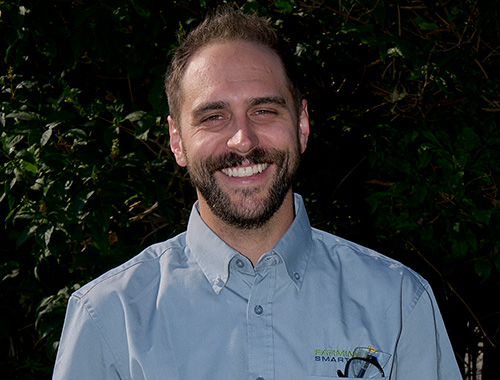
|
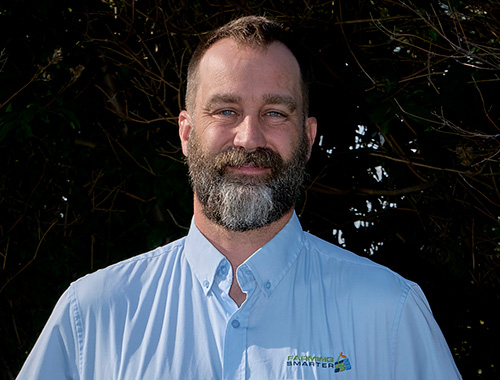
|
Lewis Baarda, Crop Trek: The Search for Innovation
Experience worldly knowledge in agriculture from Lewis Baarda's learning journey to Brazil in October 2024. He's eager to share the insights gained from seeing how the agricultural technology we're familiar with has been applied in difference contexts. Come learn how we can innovate our tools to enhance our operations!
Lewis Baarda is the On-Farm Research authority at Farming Smarter. He uses his experience with spatial analysis and multivariate statistics to conduct field scale research with farmers throughout southern Alberta. His recent studies have given him expertise with variable rate technology, soil sensors, remote sensing, and other agricultural technologies.
|
Carlo Van Herk, PGRs: Maximizing Barley Yield While Minimizing Losses
With Alberta farmers cultivating 3–4 million acres of barley annually, optimizing production practices is critical. Carlo Van Herk aims to share results from a three-year trial, conducted at three sites across Alberta, studying three barley varieties. His study evaluates whether the application stage of Moddus Plant Growth Regulator (PGR) can be adjusted and if it can be safely tank-mixed with herbicides or fungicides to reduce sprayer passes. The results provide valuable insights into improving operational efficiency while maintaining yield and crop quality.
Carlo Van Herk currently leads the Field Operations team, overseeing everything from the early trial stages of preparation to the late stages of harvest and analysis at Farming Smarter. He works closely with Shop Manager Toby Mandel and a rotating cast of summer students to ensure equipment is well-maintained and trials are mapped, upkept, and looking nice!
|
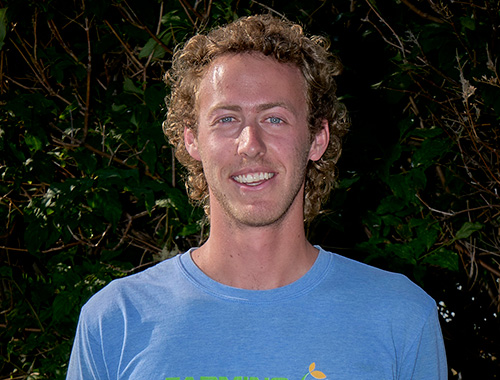
|
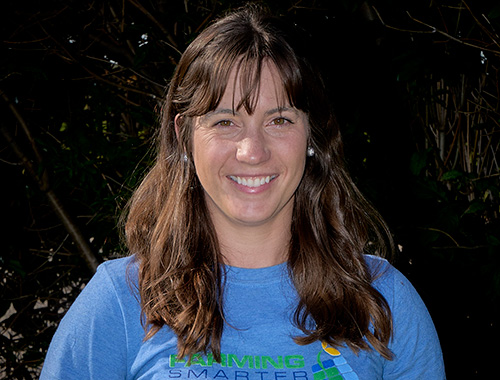
|
Ashley Wagenaar, Breaking New Ground for Potato Research
Meet one of the spirited minds behind Farming Smarter's trials breaking new ground in 2024! Ashley Wagenaar brings insights from the first season of potato research to our conference, reviewing all of the exciting new projects undertaken to advance the specialty crop agronomy in the region. Don't miss how each project will unfold into new opportunities to improve the crop in southern Alberta.
Ashley Wagenaar works directly with southern Alberta farmers as the Farming Smarter Conservation Agronomist within the Knowledge and Network Team. She joins Farming Smarter to support work on best management practices in a variety of conservation practices on southern Alberta farms. Her ag career to date includes Agriculture Manager and Crop Specialist working with Nortera Foods and The Little Potato Company in Alberta and Ontario.
|
Thierry Fonville, Practices to Save Your Soils
Thierry Fonville presents an interim report of the multiple studies under Farming Smarter's Saving Soils umbrella. Enjoy a review of innovative practices like roller crimping and living mulch cover crops across a variety of crops like wheat, barley, potatoes, and sugar beets. Learn how they affect soil erosion and how these practices can continue to advance towards new opportunities in the future.
Thierry Fonville is the new Research Scientist at Farming Smarter. He brings fresh insight and soil expertise to our agronomy research program. He assists with the design and development of innovative research projects improving soil health and nutrient availability while coordinating research grant applications for new projects and publishing project reports for peer review.
|
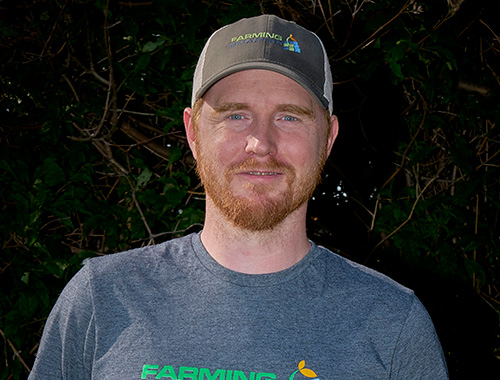
|
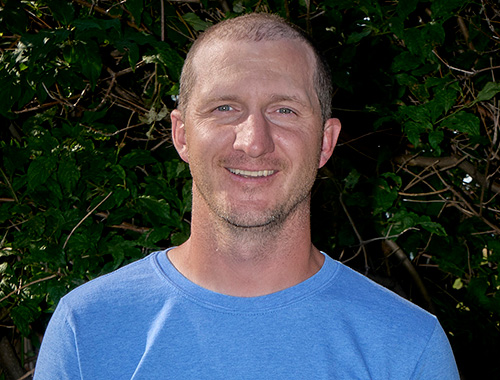
|
Trevor Deering, Roll Up the Crop to (un)Rock!
Land rolling levels soil clods/clumps, pushes down rocks, and breaks down residue/root balls to reduce risk of damage to harvest equipment, however it can harm plants and soil if not properly timed. Trevor Deering's presentation rolls through the results of his project aimed to identify the optimal growth stages for land rolling in wheat and barley for grain and silage use. The three-year study involved trails under irrigated conditions with zero and full tillage systems to minimize crop damage and soil impact while maximizing crop productivity, profitability, and long-term soil health.
Trevor Deering manages the Commercial Innovation projects. He cultivates working relationships with industry clients and evaluates proprietary products to ensure unbiased results as a neutral third-party. Trevor loves working with plants so much that even his office is full of green things and has been known to use his office plant pots to test seed germination. If he's not meticulously analyzing data, you can find him in the field with his students ensuring projects are completed to the letter!
|
Stuart Smyth, Praise the Prairies Like I Should
University of Saskatchewan
Several of the international climate and biodiversity agreements the Canadian government have signed and ratified in the past few years have potentially negative consequences for Prairie farmers. Prairie agriculture has become increasingly sustainable but does not often receive proper recognition for its achievements. This presentation will highlight the changes in fertilizer and chemical use, as well as changes in carbon sequestration, demonstrating the achievements of Prairie farmers.
Dr. Stuart Smyth is a Professor in the Department of Agricultural and Resource Economics at the University of Saskatchewan, where he holds the Agri-Food Innovation and Sustainability Enhancement Chair. His research focuses on sustainability, agriculture, innovation and food. Dr. Smyth publishes twice weekly blogs on these topics at: www.SAIFood.ca.
With over 160 academic publications, Dr. Smyth is recognized as a leading expert on barriers to innovation and regulatory efficiency. Dr. Smyth specializes in research on regulatory barriers to food security, especially those that restrict investments into new plant breeding technologies, such as genome editing and that delay, or prevent, the commercialization of genetically modified and genome-edited crops.
|
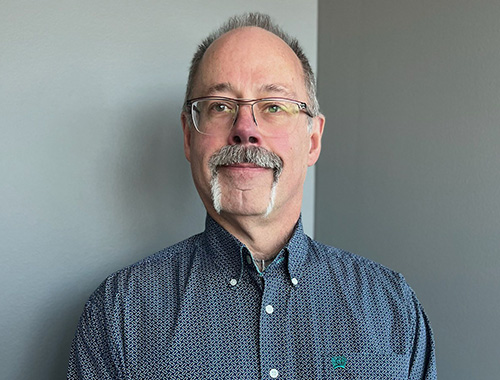
|
|
